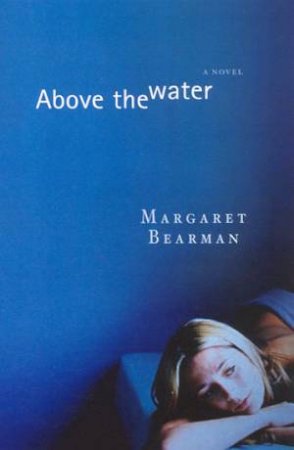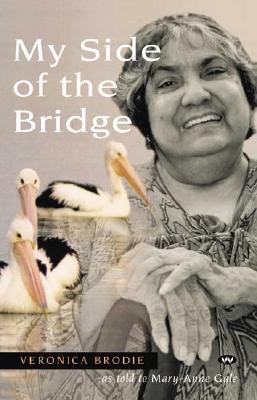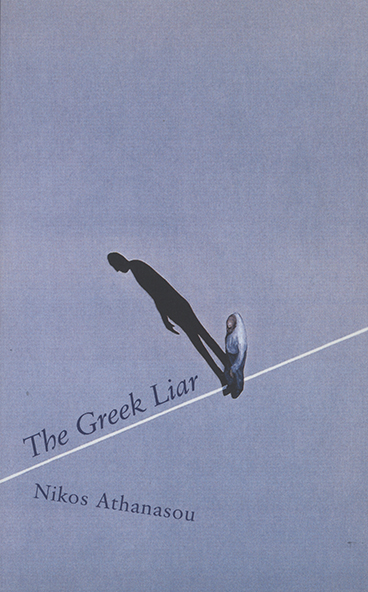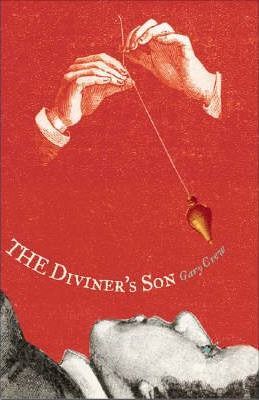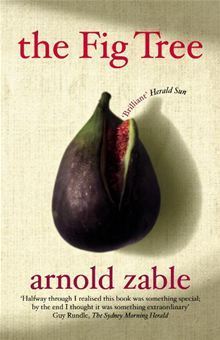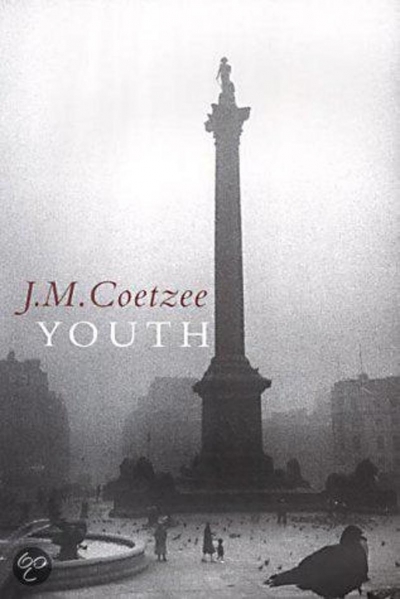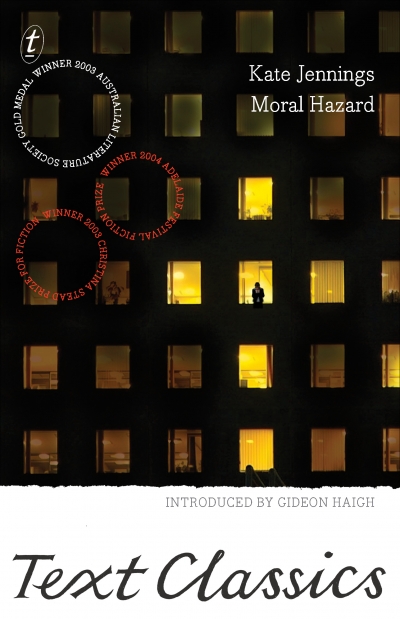Fiction
Above the Water by Margaret Bearman & Borrowed Eyes by Saskia Beudel
by Jenny Digby •
My Side of the Bridge by Veronica Brodie & Black Chicks Talking by Leah Purcell
by Kate Guest •
The Greek Liar by Nikos Athanasou & Attempts to Draw Jesus by Stephen Orr
by Michael Williams •
The Diviner's Son by Garry Crew & Murder in Montparnasse by Kerry Greenwood
by R.J. Thompson •
Moral Hazard by Kate Jennings & Judgement Rock by Joanna Murray-Smith
by Delia Falconer •




